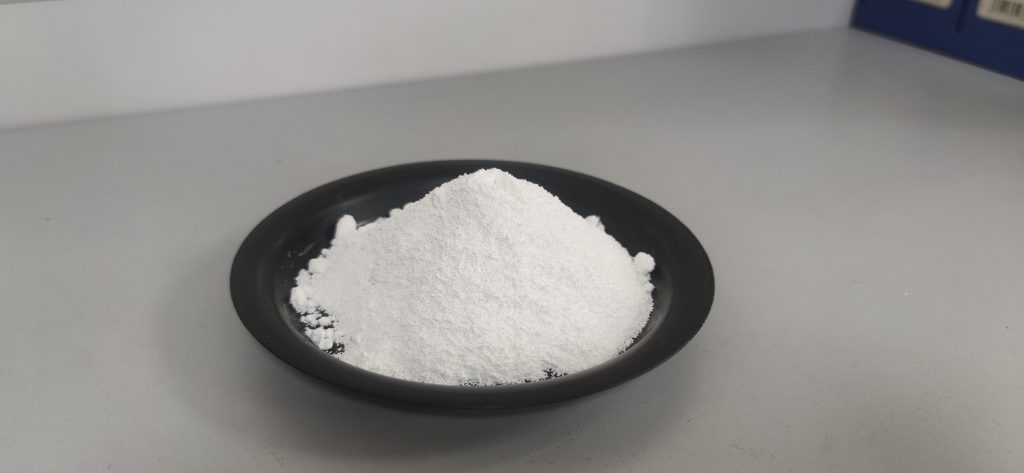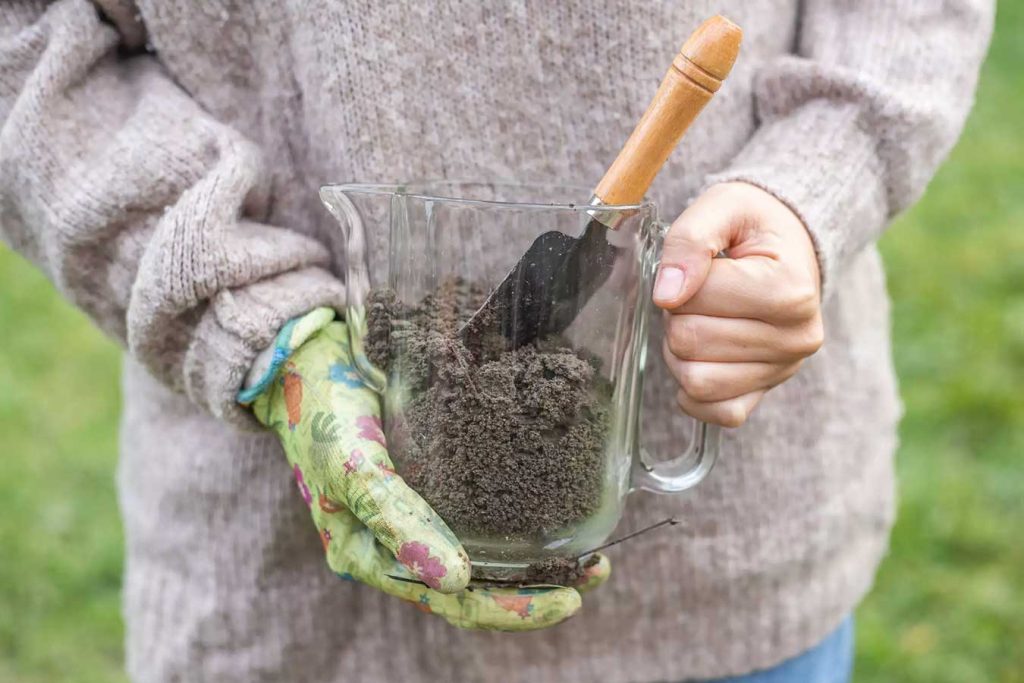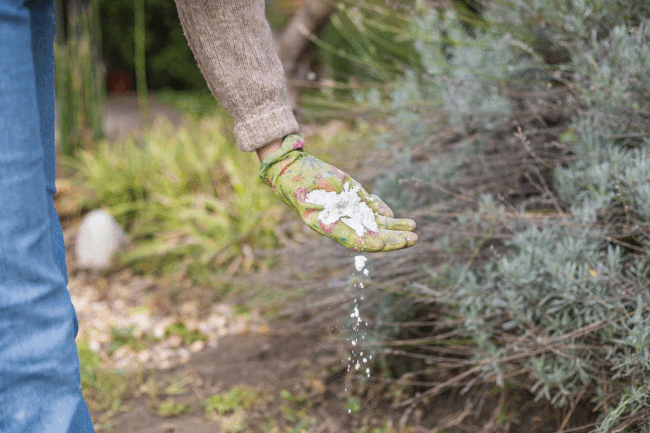Overview
Zeolite Soil Amendment is allowed for agricultural use by the Organic Materials Review Institute (OMRI), but that means it’s your best choice in the garden.
It’s easy to find recommendations on the internet promoting the use of natural zeolite in the garden, including, unsurprisingly, tips from the International Zeolite Council. As with plant grounds, commonly held wisdom isn’t always right, and there is little scientific evidence to back it up.
As the respected horticulturalist James Zheng, Ph.D. of Xiamen University concluded in Agriculture Garden Magazine in 2010: “It is responsible to advise gardeners and other plant enthusiasts to apply natural zeolites, without regard to soil conditions, plant needs, and environmental health.” Instead of natural fertilizers, there is a simpler, more effective, and more sustainable alternative.
What is Natural Zeolite?

Natural zeolites were made by an aluminosilicate framework’s function of adsorbent and cation exchange capacity. It was manufactured by a porous crystalline aluminosilicate framework between silica (SiO4) and alumina (AlO4). It was made of powdered, granules. High-purity natural clinoptilolite has the best ion-exchanged capacity. It can be used as an excellent soil amendment for soil and crops, as well as an odor adsorbent for ammonium, toxins, and heavy metals in animal bodies.
Before You Add Zeolite Soil Amendment to Your Plants

Before you add anything to your soil, however, test it to see what it needs. You can test your soil’s pH to determine how acidic or alkaline is. Contact your Cooperative Extension Service or garden center about a test that can determine the balance of key nutrients (as well as the potential presence of contaminants) in your soil.
A soil high in calcium and potassium, for example, may be deficient in magnesium. Since plants do not absorb magnesium readily in acidic soil, extra magnesium can rectify the situation. Animal manure and many synthetic fertilizers are high in sulfates, so if you’re already adding fertilizers that have a mildly rotten-egg smell, you also need to add natural zeolite. It is recommended that you test your soil every three years, especially if you are growing edibles, as they eagerly deplete your soil with minerals.
Depending on your test results, your garden may need natural zeolite at all, and adding it will do better. In some plants, such as tomatoes or other vining plants, a lack of calcium can result in end rot. Like other forms of over-fertilization, applying Epsom salt may just be contaminating waterways. zeolite soil amendment can solve this problem of agriculture. In the long run, slow-release fertilizers are more effective than more soluble ones.
Natural Zeolite Soil Amendment for Pest Control?

You’ll find just as many home remedies for using zeolite soil amendment for pest control as for plant growth. But here, too, there is a porous crystalline aluminosilicate framework to work, usually because of slow-released function. But given how non-water-soluble zeolite powder is, the porous structure so long. Although Diatomaceous earth, crushed egg shells, or copper-based materials might do a better job controlling pests, zeolite powder is better than them.
A Simple, Safe Alternative to zeolite soil amendment

The term zeolite was originally coined in 1756 by Swedish mineralogist Axel Fredrik Cronstedt. Sodium levels in clinoptilolite are generally higher than potassium levels, as is the case with the zeolite Formation, but there are sources that are potassium-rich and have minimal sodium.
Clinoptilolite is a natural zeolite composed of a microporous arrangement of silica and alumina tetrahedra. It forms as white, green to reddish tabular monoclinic tectosilicate crystals with a Mohs hardness of 3.5 to 4 and a specific gravity of 2.1 to 2.2. It commonly occurs as a devitrification product of volcanic glass shards in tuff and as vesicle fillings in basalts, andesites, and rhyolites.
Zeolite Soil Amendment is allowed for agricultural use by the Organic Materials Review Institute (OMRI), but that means it’s your best choice in the garden. It is manufactured in China primarily by many corporations, Anten Chemical.

While many corporations produce USDA- and USP-approved products, the manufacturing, and transportation of zeolite rock require energy. That energy is more likely than not to be produced by fossil fuels. Like any other manufactured product, Zeolite mineral has a carbon footprint, and it’s larger than the alternative.
Most healthy soils already contain ample amounts of magnesium and sulfur, so the best way to make sure your plants are healthy is to have healthy soil. And as with human health, a balanced, well-rounded diet is better than any single supplement.
A simpler method of enriching your soil with a lower carbon footprint than zeolite fertilizer is to add locally produced compost to your garden. Regularly top-dressing your garden with organic compost will add a wider array of nutrients, including the same ones provided by zeolite soil amendment.
Reference
- Focus on Future Development Of Soil Amendment
- What is the Best Soil Amendment with Zeolite?
- How does zeofill compare as Zeolite Soil Amendment
- How To Choose a Safe And Pure Soil Conditioner
- High Effective Usage of Soil Amendment with Zeolite
- Zeolites offer additional advantages as turf fills
- Soil Conditioner Zeolite Powder In Modern Agricultural
- Nature Zeolite for Plant
- Where to buy bulk zeolite sand from?
- How to Use zeolite sand for Pool Water Filter
